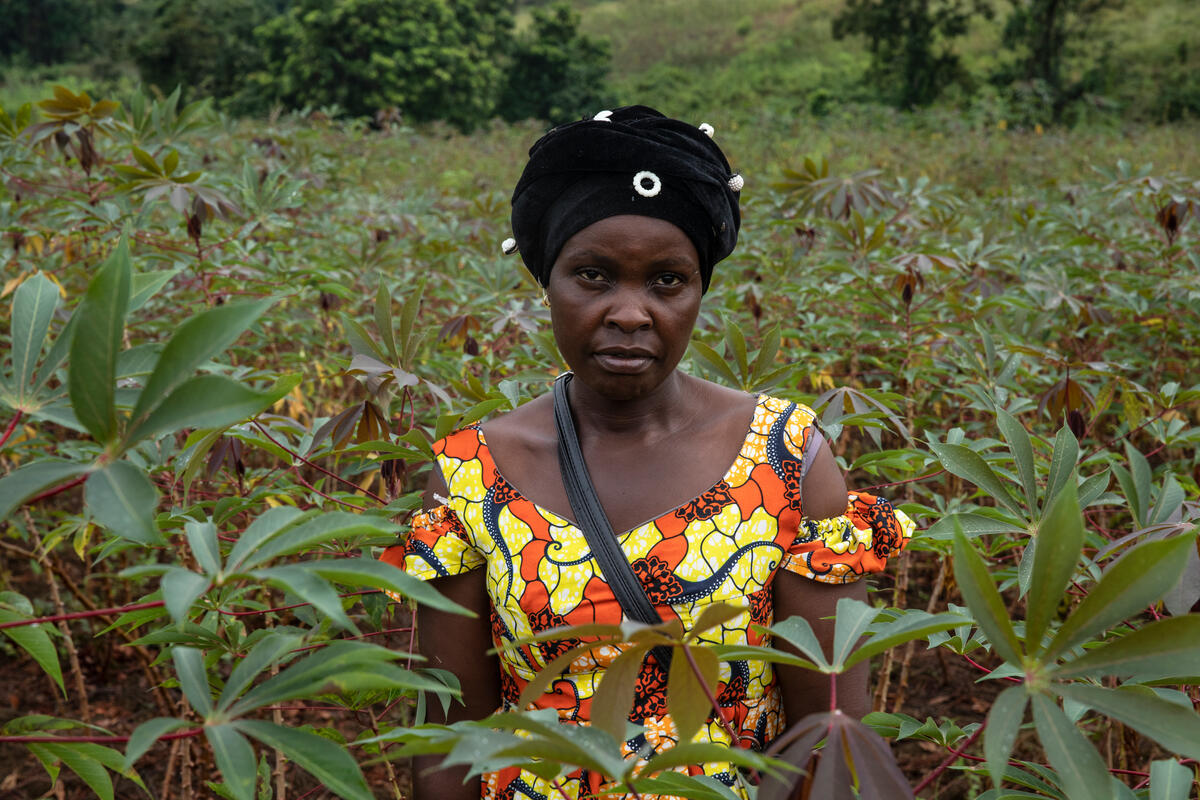
Four schools in two departments in the Republic of Congo have started buying food from producers’ co-operatives to provide school meals for their pupils, as a result of the Seeds for Tomorrow Project in two departments in the Republic of Congo. A monitoring mission was carried out in the Gamboma district (Plateaux) between 5 and 7 June, with the aim of strengthening links between these schools and agricultural cooperatives, and thus ensuring the implementation of the local school feeding programme.
The mission assessed the supply processes, analysed purchase records and delivery reports and identified the challenges faced by the stakeholders. Particular attention was paid to the prices, quality and management of the food products delivered for school meals.
A protocol on the price, quality and quantity of local agricultural products was shared with all stakeholders in the three districts of both departments. The prices were agreed jointly by the schools and the producers, promoting a fair and inclusive approach.
Among the authorities who took part in the mission were Dr Pitchou Prudence Adzona Banga-Mboko, Director General of Basic Education at the Ministry of Education (MEPPSA); Christian Nieme, Director of Production at the Ministry of Agriculture (MAEP); Nadia Goodman, WFP Project Coordinator; and Corneille Oko, Head of the WFP Brazzaville Sub-Office. School officials, agricultural producers and government authorities met to analyse the challenges and propose practical solutions to increase the programme’s success.
Through this cross-sector collaboration, the Seeds for Tomorrow Project seeks to strengthen the basis of a sustainable local school feeding model that supports both quality education and local development.
About the project
The Seeds for Tomorrow project is an initiative of the World Food Programme (WFP) Centre of Excellence against Hunger in Brazil, in partnership with the Government of the Republic of Congo, the Government of Brazil, the WFP Republic of Congo and the United Nations Office for South-South Cooperation (UNOSSC) and financed by the IBSA fund (India, Brazil and South Africa Facility for the Alleviation of Poverty and Hunger).




